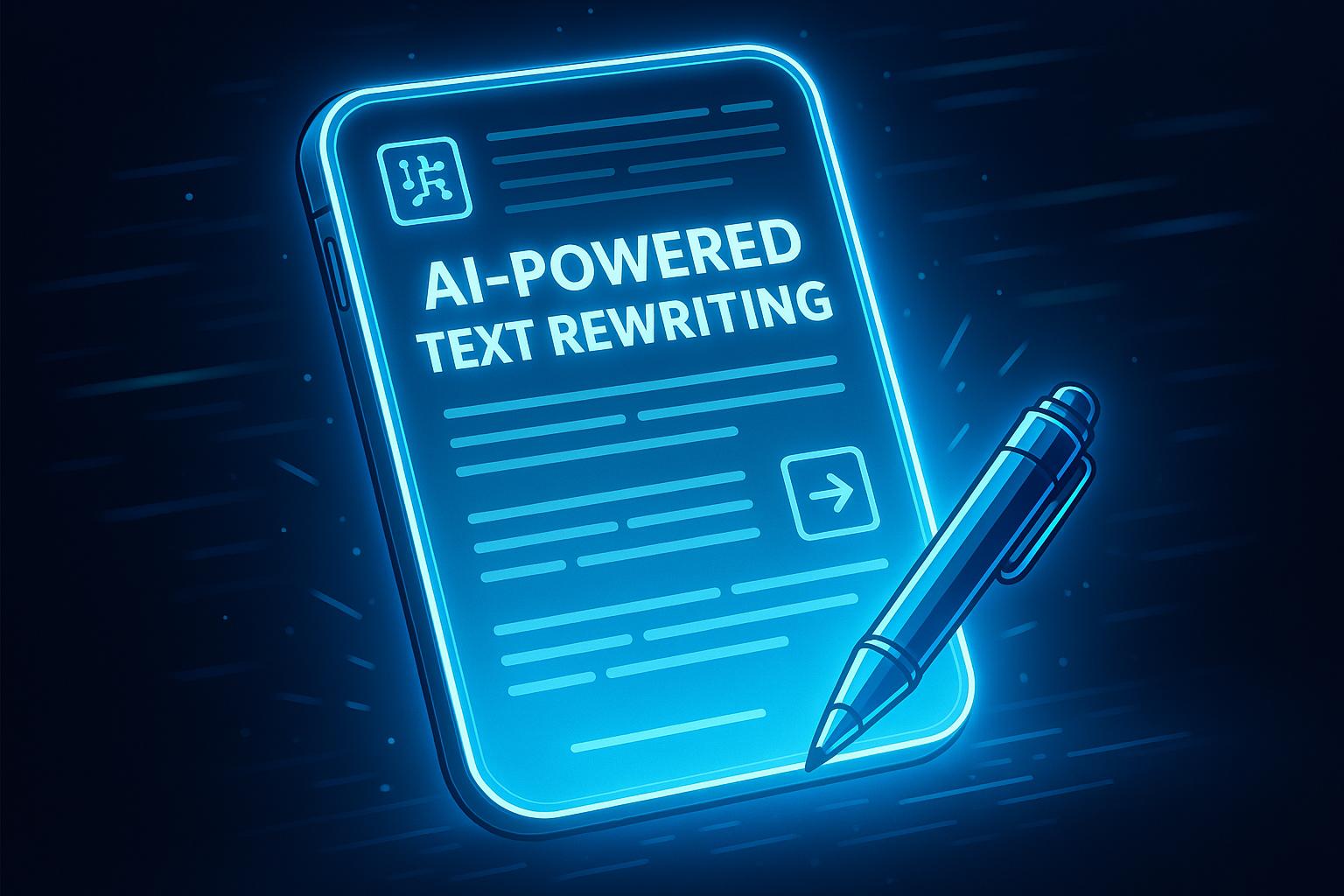If the past week in technology were a blockbuster film, AI would undoubtedly take centre stage, playing roles that range from hero to villain, and even serving as comic relief. Headlines across the tech landscape showcase AI's transformative potential—from streamlining mundane tasks to provoking profound ethical debates. Notably, Microsoft has taken a leap by revamping its long-standing Notepad application, now enhanced with AI capabilities that are set to redefine how users engage with text.
The recently introduced AI features are aimed at curbing writer’s block, an affliction that plagues many. With the new content generation abilities, users can prompt Notepad to create text based on a variety of topics. This reinvention of Notepad marks a significant shift in user interaction and functionality, especially for those who subscribe to Microsoft 365 or Copilot Pro. With features like 'Rewrite', aimed at refining text through the use of generative AI, Microsoft is not just breathing new life into a dated application; it is also enhancing productivity for a wide range of users, from students drafting essays to professionals crafting reports.
Filled with creative tools, Notepad isn't the only application benefiting from this AI wave. The Paint app has also been revamped to include features like 'Generative Erase', allowing users to effortlessly eliminate unwanted objects from their images. Complementing this, the Snipping Tool’s update ensures that users can easily capture the perfect screenshot without the tedious cropping that often accompanies such tasks. These updates not only enhance user creativity but also fast-track the completion of everyday tasks that have traditionally been cumbersome.
In stark contrast to the innovative advances in AI, legislation like the recent Take It Down Act introduces a sobering discussion surrounding free speech and digital privacy. This new law, designed to mitigate the distribution of non-consensual explicit images, imposes a strict 48-hour timeline on platforms to comply with takedown requests. While the intention is to protect individuals, the vagueness of the law raises alarms among free speech advocates, who worry it could lead to overreach, censorship, and surveillance. Such laws reflect the delicate balance society must maintain between protecting individual rights and ensuring freedom of expression.
Further complicating the tech landscape, Zoox has recently faced scrutiny after issuing a second software recall for its autonomous robotaxi, which collided with an e-scooter in San Francisco. Thankfully, no injuries were reported, but the incident underscores the significant hurdles that remain in integrating autonomous vehicles into urban life. As manufacturers strive to adapt to the unpredictable nature of city environments, these occurrences highlight the complexities that arise from technological advancements in real-world applications.
As we navigate this swift evolution in technology, it is clear that while AI offers monumental benefits—from making mundane tasks more manageable to inspiring creativity—the growing pains accompanying these innovations are equally significant. The fusion of exhilarating advancements like AI-driven applications with complex issues like digital privacy laws and the integration of autonomous vehicles paints a picture of a rapidly changing landscape. As we prepare for what lies ahead, it’s essential to remember that even amidst the advancements, the human capacity for humour remains an irreplaceable constant in our increasingly digitised lives.
In this whirlwind of transformation, we are reminded that while the future is indeed promising, it comes with its own set of challenges that require careful consideration and thoughtful dialogue. In embracing these changes, we must remain vigilant about the implications, ensuring that innovation does not outpace our ethical obligations to society.
##Reference Map:
- Paragraph 1 – [1], [7]
- Paragraph 2 – [1], [2], [5], [6]
- Paragraph 3 – [1], [4], [7]
- Paragraph 4 – [1], [6]
- Paragraph 5 – [1], [2], [3]
- Paragraph 6 – [1], [7]
Source: Noah Wire Services
